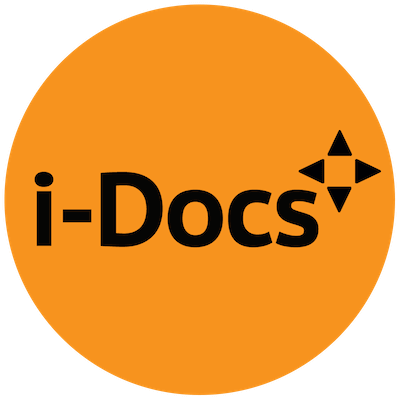Interactive Non-fiction with Reality Media: Rhetorical Affordances
Interactive non-fiction uses the affordances of emerging media to educate and persuade audiences. Practitioners of the form aim to create knowledge, and then to persuade others to act upon this constructed knowledge. However, the historical propensity of practitioners to use emerging media has resulted in uneven access and literacy. Privileged communities and groups have access to the technology and get to tell stories first. Communities without access to these media are slow to gain literacy and are unable to express themselves in an emergent digital culture fully. Compared to their privileged peers, these groups are unable to use the rhetorical affordances of these emerging media for their ends. This inequity puts them at a distinct disadvantage. Community workshops for interactive non-fiction can be established to democratize this didactic use of emerging media. These workshops are both pedagogical and a site for social action. To put this theory into practice, I developed a workshop based on historical cases of practitioners using emerging media to create non-fiction with communities as a form of social action. The emerging media chosen for my workshop was mixed reality. The workshop was part of a devised theater class on the campus of the Georgia Institute of Technology. Students gained media literacy through participating in the development of a mobile app that uses mixed reality, and by using that app to create knowledge about safety on campus through performance activities. The knowledge they created came from the students’ personal stories and documentary material. Combining the workshop tactics and the app, students were able to create rhetorically effective and didactic scenes. The ability to use physical space as a canvas to create a digital-visual-spatial argument about how an event should be represented was impactful. Particularly effective was a shared gaze that enabled all of the users to see and create in a shared mixed reality. Evaluation of the workshop showed that students believed that they were able to create compelling mixed reality scenes about their community through the app and that the scenes they created could encourage social action.
Fisher, J.A. (2019) “Interactive Non-fiction with Reality Media: Rhetorical Affordances”. Georgia Institute of Technology
Categories: PhD Thesis
Tags: Applied Theatre / Augmented Reality / Digital Humanities / Digital rhetoric / Education / HCI / Interactive and Digital Media / Mixed Reality / Rhetoric / virtual reality
